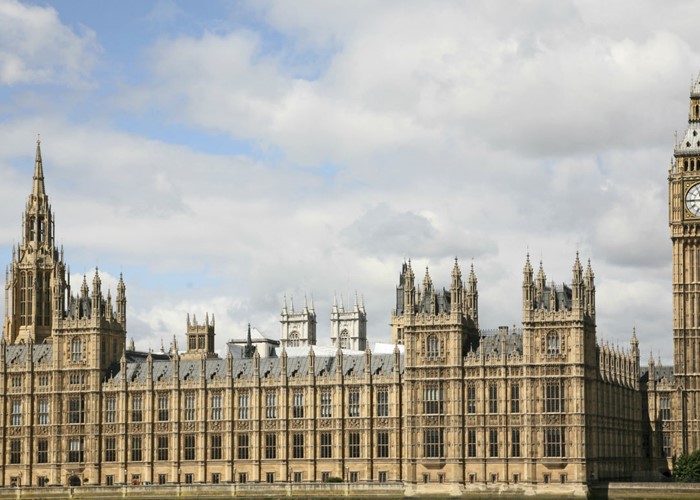Extra university places, so long as you pay for them!

Lecturers and students face off against universities as government mulls new idea to increase social mobility in education.
The government is considering proposals, to be included in a white paper due this summer, that allow people from privileged backgrounds to pay for places at university, so long as they do so up front with no student loan. The cost could be as much as £28,000 per year.
If your first thought is horror at what may appear deeply against your ideology, there's no need to panic yet. Universities Minister David Willetts said in a BBC interview that these are just ideas being put to them from other people. He emphasised the word “if” several times when speculating about “If it went ahead.”
Let's take a closer look at some of the arguments for and against this idea from other people:
What students say
Coming out swiftly and firmly against the idea are students and lecturers. The students are represented by NUS President Aaron Porter, who suggested this would create a two-tier system which allowed the richest, less able, applicants a second bite at the university cherry while denying low and middle income students the same opportunity.
He might have a point. Universities have quotas to improve social mobility, but these apply to the normal, publicly-subsidised places only. However after government has reduced the number of places subsidised by the taxpayer by 10,000, it is now going to allow wealthier families to pay for their children to get extra places. Those places won't be measured in the social mobility quota and yet the government has said it won't support a policy that doesn't increase social mobility.
Porter added that the students who can afford to pay higher, upfront fees, would also manage to sidestep the interest rates and lifetime of debt that the rest of the student populace have to take into account when considering university.
However, this point is nullified by the fact that richer students can already pay for their education without loans.
Lecturers also firmly in the “No” camp
Academics, lecturers, administrators and researchers have been represented by their union, the University and College Union.
UCU general secretary Sally Hunt backed up Porter's viewpoint, arguing that rather than increasing social mobility this would only entrench privilege for the wealthy, adding that this risked turning the clock back to a time when breeding rather than brains were required to get on in life.
The Universities Minister's view
Although he was careful to assure people these were just ideas – other people's ideas – Willetts said it was “interesting” that companies already sponsored university places.
Related blog post
- Ed Bowsher writes:
Political correctness gone mad
Today's European Court ruling on alleged discrimination by the insurance industry is bonkers.
Read this post
Even so, he avoided saying this should be opened up for wealthy families to do the same, and instead focused on the idea that charities could also sponsor places.
Universities are for it
As predictably as students saying “Nay”, universities say “Yay!” Andy Westwood, CEO of Guild HE, which lobbies for the universities, said that providing off-quota places in this way can be socially progressive.
He argued that added flexibility could ease the pressure on university places, and allow more qualified people of every background to go to higher education.
It is certainly true that more people will get places, but he presented no reasons as to why it would increase social mobility, despite talking about “more and innovative choices” giving “students of all backgrounds a wider set of choices”. He didn't explain why or how, but said that this gives universities more ways of responding to the needs of under-represented groups.
Another “for” argument that I have not yet heard
I'm surprised one argument hasn't yet surfaced. The fees for these extra student places could reduce the costs for the taxpayer, who supports publicly-funded students. The assumption here is that the universities use those extra fees to subsidise publicly-funded students, and don't use the profits in some other way.
Student standard must be maintained
The white paper is expected to argue that universities cannot reduce acceptance standards and that only after students are accepted can the privileged ones be offered places “off quota”. My view is that, if this policy were to be implemented, it might be difficult to do so while effectively blocking universities from reducing the standards of the average university place winner.
Politics may hold it back
This would be a difficult policy politically.
As is often the case in politics, how this policy is perceived by the public could have more importance than the effect it would really have.
More: Compare contents insurance | Middle class families are doomed | Mum's, you're risking your children's future
Comments
Be the first to comment
Do you want to comment on this article? You need to be signed in for this feature